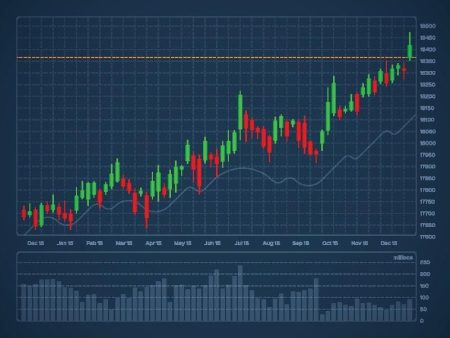One only needs to glance at the headlines to see the huge potential liabilities facing the insurance industry: wildfires in Hawaii, a hurricane threatening California (the first in 84 years), and record flooding in New England. As of August 8th, according to NOAA, there were 15 billion-dollar disasters in the US so far this year – and hurricane season is just beginning. Expand the scope outside of the US, and you can easily see where this is going.
I have long advocated that the insurance industry is the one industry that could legitimately push for broad climate action by pricing climate risk into its underwriting process. How is it that such a financially conservative industry has basically stuck its collective head in the sand for years as claims related to climate events continue to rise?
Well, insurers are finally starting to feel the pressure of a climate change-impacted world. Reinsurers, many of which are based in Europe, are raising the rates they charge insurers in an effort to address the increased climate-related event risk. According to Reuters, many of those premiums have risen by as much as 50% this year. Those expenses will, of course, be passed down to the policyholders – businesses and individuals.
A recent Axios article highlights how some insurers are taking even more drastic steps in areas with greater risk, such as California and Florida. State Farm and Allstate
ALL
This will likely lead to even more problems for homeowners. A recent article in The Wall Street Journal details how some Americans are choosing to forego home insurance because of the rising costs. The reality, however, is that most homeowners do not have adequate liquidity to recover from a disaster event without insurance.
And this situation is not going to get any better. Insurance rates are going to continue to increase as more climate-related disasters happen and insurers integrate that climate risk into their underwriting practices. No pun intended, but it is turning into a perfect storm.
At some point, the federal and state governments are going to have to step in and give home and business owners a choice. Move from high-risk areas, or you’re on your own. We can no longer afford to subsidize those who intentionally choose to live in these risky areas. A one-time moving subsidy would be much cheaper in the long term than continuously building back from disaster after disaster.
Daniel Schwarcz, a professor at the University of Minnesota Law School, recently said in The New York Times
NYT
Read the full article here









